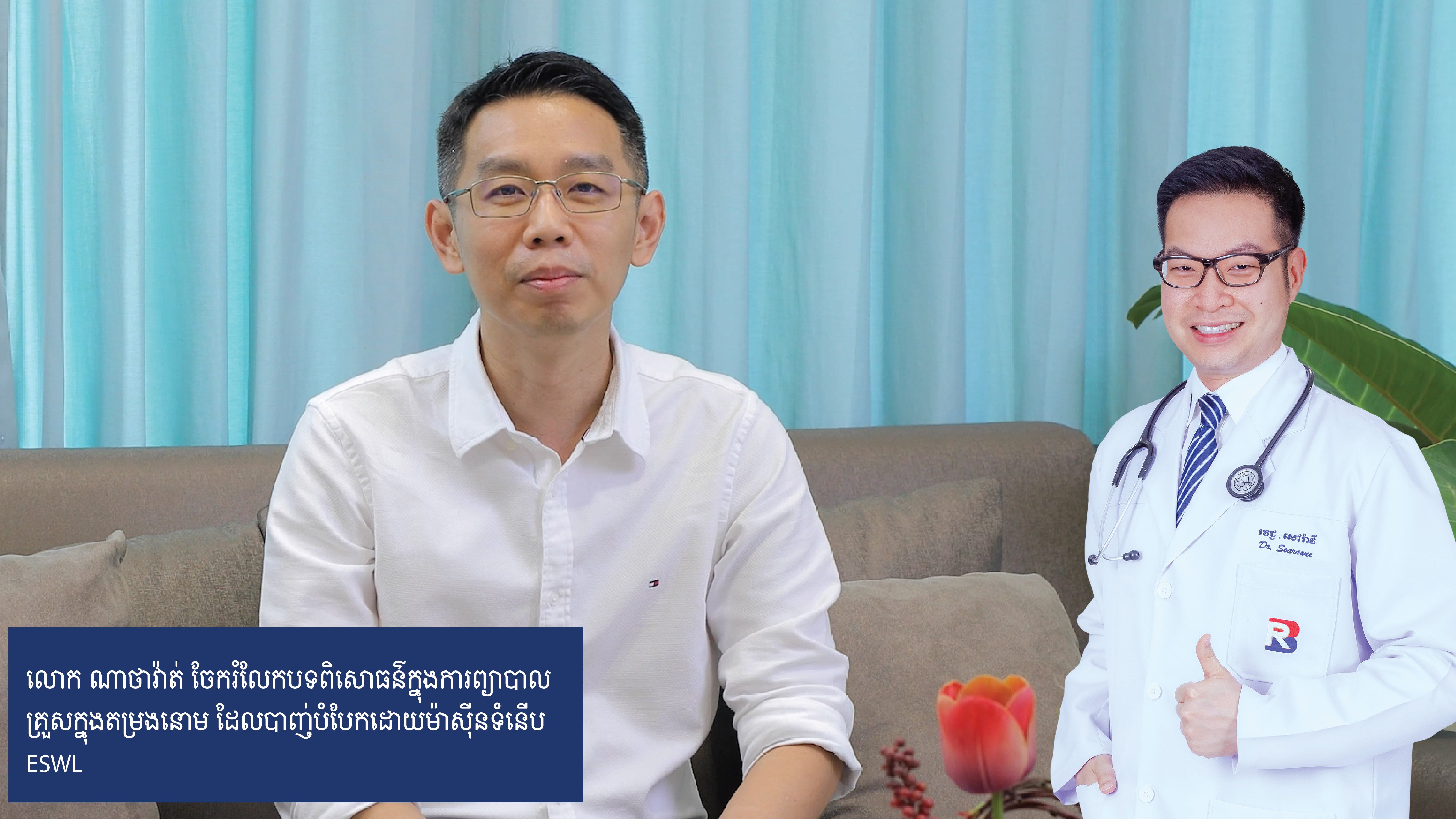5 Things That You May Not Know About Maxillofacial Surgery
Maxillofacial surgery is the surgical specialty concerned with the diagnosis and treatment of diseases affecting the mouth, jaws, face, and neck. These include fall injuries, assaults, and car accidents. Our maxillofacial specialists focus on helping the patient return to normal functions again.
1) What Is The Role Of Maxillofacial Surgery?
Often seen as the bridge between medicine and dentistry, maxillofacial surgery is the surgical specialty concerned with the diagnosis and treatment of diseases affecting the mouth, jaws, face and neck. The common procedures include treatment of facial soft and hard tissue injuries of the craniofacial structures
2) Who Needs Maxillofacial Surgery?
- Trauma patients e.g. car accident, fall, assault
-
Deteriorating trauma patients e.g. head injury patient – Some symptoms may appear right away, while others may not show up for days or weeks after the concussion. Sometimes the injury makes it hard for people to recognize that they are having problems.
- Patient who had previous surgeries and require another corrective surgery

3) What Are The Challenges Of Maxillofacial Surgery?
The appearance of the face is closely linked to our body image and self-esteem. Disorders of the face and jaw can affect so many areas of life. In addition to affecting the appearance, it may effect speech, social interactions, and the ability to eat. Surgery can be life-changing. Minimizing scarring is also extremely important. A maxillofacial surgeon works as part of a specialized team. Cranio Maxillofacial Orbital (CMFO) team consists of plastic surgeons, oculoplastic surgeons, and maxillofacial surgeons. These specialists work together to reduce the number of surgeries that the patient needs to go through.
4) How Long Is The Treatment?
Normally, the patient who suffers from jaw and facial injury will also have brain injury. Therefore, the doctor will have to consult a neurosurgeon in order to evaluate the patient’s condition together before the surgery. The golden period is 1-2 weeks. Delayed treatment may result in complications. After maxillofacial surgery, the patient may not be able to eat solid food for 2-4 weeks, as the doctor might need to place arch bars for jaw alignment. The follow up appointments will be scheduled after 1 week, 2 weeks, 3 months, and 6 months.
5) How To Prevent Maxillofacial Injury?
- Wear a full face helmet whenever you are biking and motorcycling. Always use car safety seats and seat belts to prevent or reduce nose and facial injuries during a car crash.
-
If you accidentally break a tooth, rinse the tooth with water and put it in milk or cold water. Seek immediate treatment.
- If you have a facial injury, seek immediate treatment by a specialist.








